Most interpretations of ethnicity concentrate either on particular societies or on specific dimensions of ‘world society’. This work takes quite a different approach, arguing that variations within and across societies are vital for understanding contemporary dilemmas of ethnicity. The author aims to develop a new analysis of the relation between the nation on the one hand, and ethnicity and citizenship on the other. Oommen conceives of the nation as a product of a fusion of territory and language. He demonstrates that neither religion nor race determines national identities. As territory is seminal for a nation to emerge and exist, the dissociation between people and their ‘homeland’ makes them an ethnie. Citizenship is conceptualized both as a status to which nationals and ethnies ought to be entitled and as a set of obligations, a role they are expected to play. Analyses of three historical situations – colonialism and European expansion, Communist internationalism and the nation-state and its project of cultural unity – are examined to provide the empirical content of the argument. This book will be essential reading for second-year undergraduates and above in the areas of sociology, anthropology and cultural studies.
ABOUT THE AUTHOR T.K. Oommen
Prof. T.K. Oommen is an eminent Social Scientist and so far the only scholar from Asia and Africa to have been elected to the position of President (1990-94), International Sociological Association (ISA), a fifty-year old UNESCO-sponsored world body of Sociologists. He was the Secretary-General of the XI World Congress of Sociology, the quadrennial Congress of the ISA, held in New Delhi in 1986. Pro. Oommen was also the President of the Indian Sociological Society during 1998-1999. Prof. Oommen authored/edited 18 books and over 100 research papers in top professional journals, both Indian and international. His recent books include: Citizenship, Nationality and Ethnicity, Polity Press, Cambridge, 1997; Equality, Identity and Pluralism, Oxford University Press, 2002; and Nation, Civil Society and Social Movements, Sage Publication, 2004. He has been given three prestigious awards-the V.K.R.V. Rao prize in Sociology (1981); the G.S. Ghurye award in Sociology and Social Anthropology (1985) and the Swami Pranavananda Award for Sociology (1997) in recognition of his professional contributions. An internationally reputed scholar, Prof. Oommen was invited to be a visiting Professor/Fellow at: Department of Sociology, University of California Berkeley (U.S.A.), Fall 1990; Maison des Sciences de L'homme, Paris (France), June-July 1992; Wissenshaftszentrum Berlin, May-July 1993 and June 1994; Research School of Social Sciences, Australian National University, Canberra, Australia, December 1993; institute of Advanced Studies, Bdapest, Hungary, October 1994-July 1995; Institute of Advanced Studies, Uppsala, Sweden, January-June 1998. Professor Oommen started his academic career in 1964 as a faculty member of Delhi University, joined Jawaharlal Nehru University as Associate Professor in 1971. He became a full Professor in 1976 and retired from JNU in October 2002. At present Professor Oommen is Chair, Non-traditional Security, Delhi Policy group; Chair, Schumacher Centre, Delhi; Chair, Programme Advisory Group, Gujarat Harmony Project, CARE India, New Delhi and President, Forum for India and European Union.

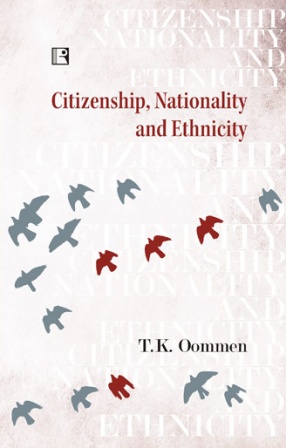
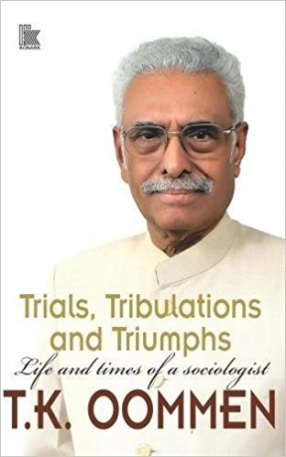
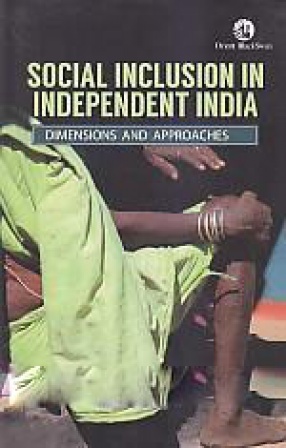
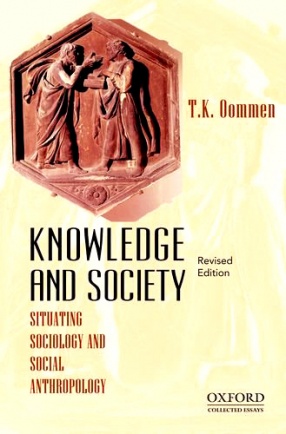

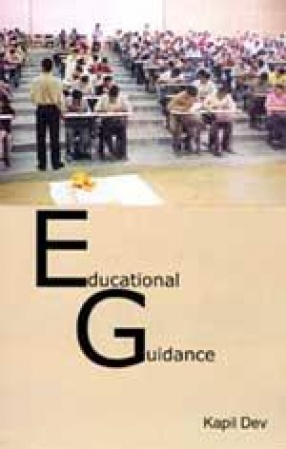

There are no reviews yet.